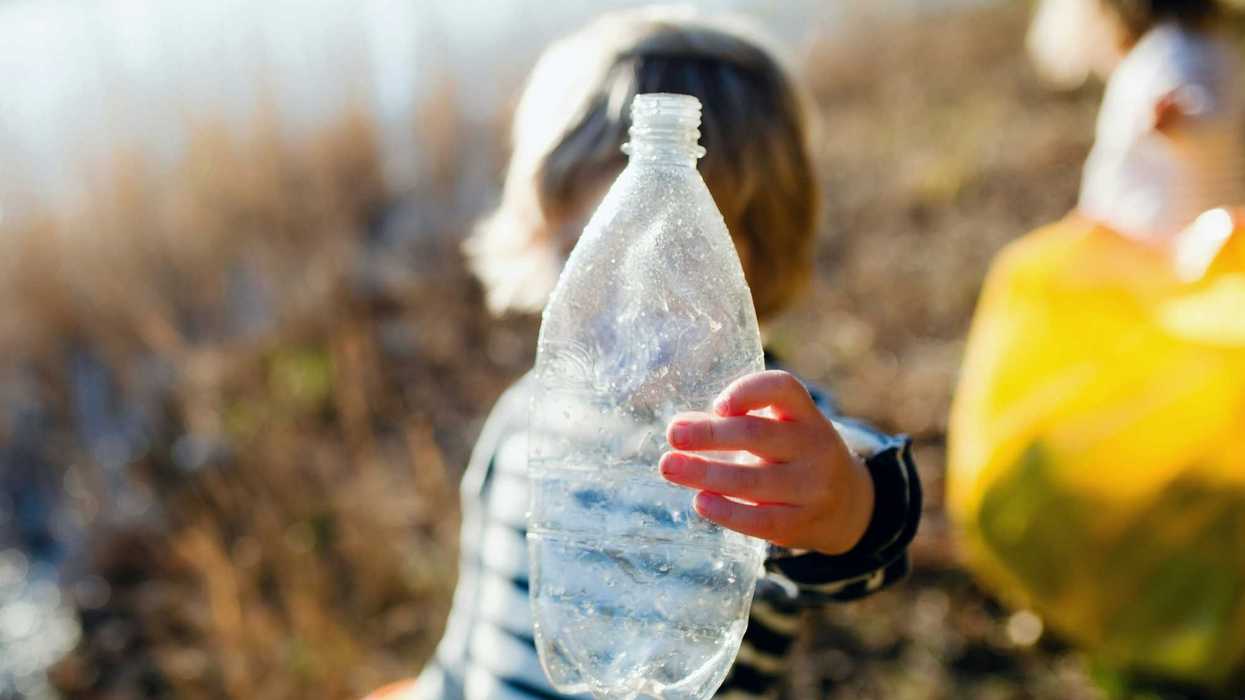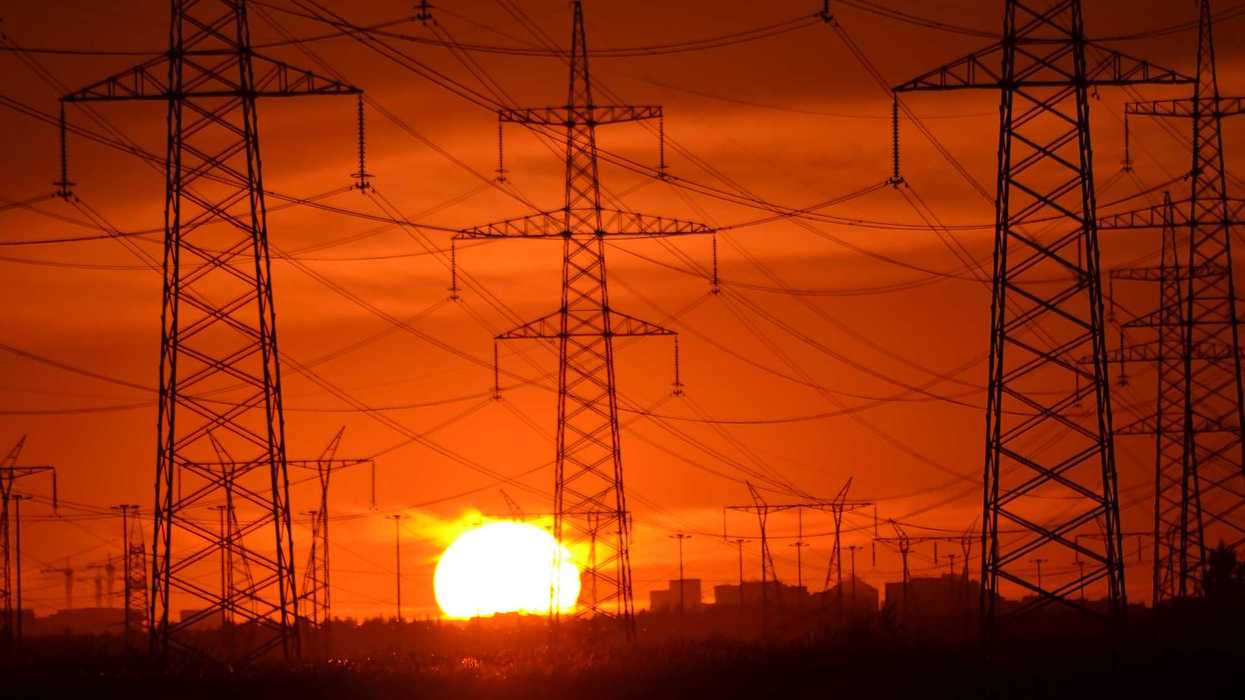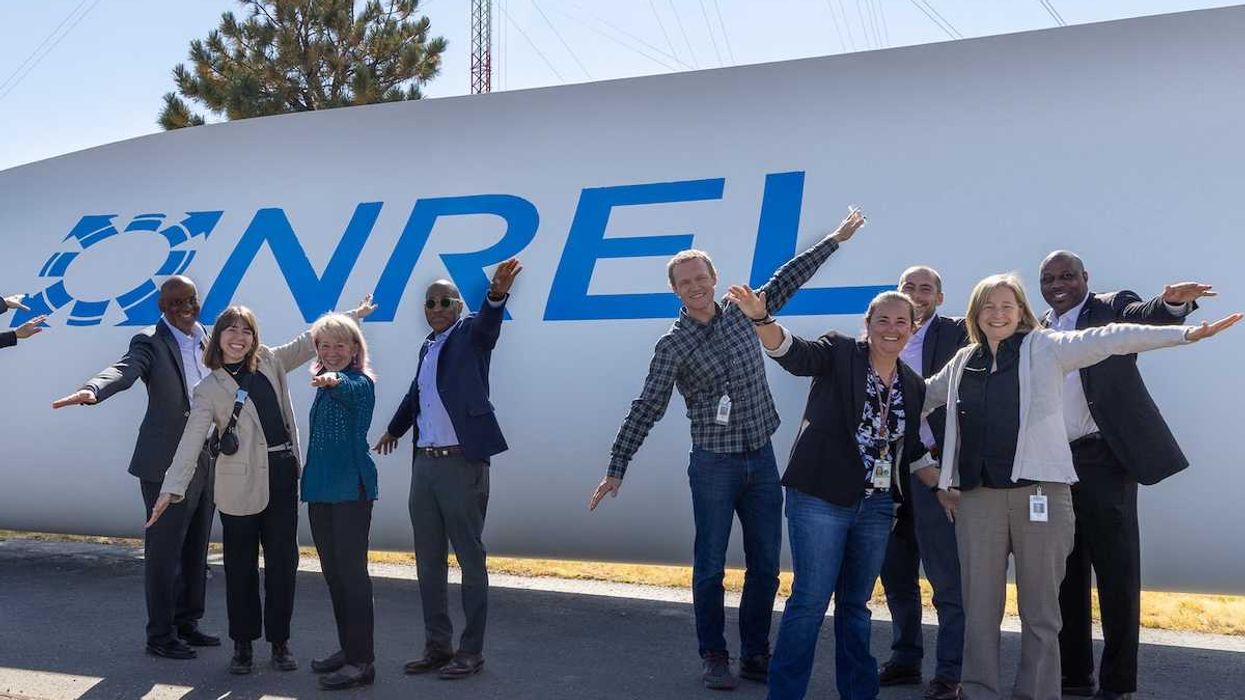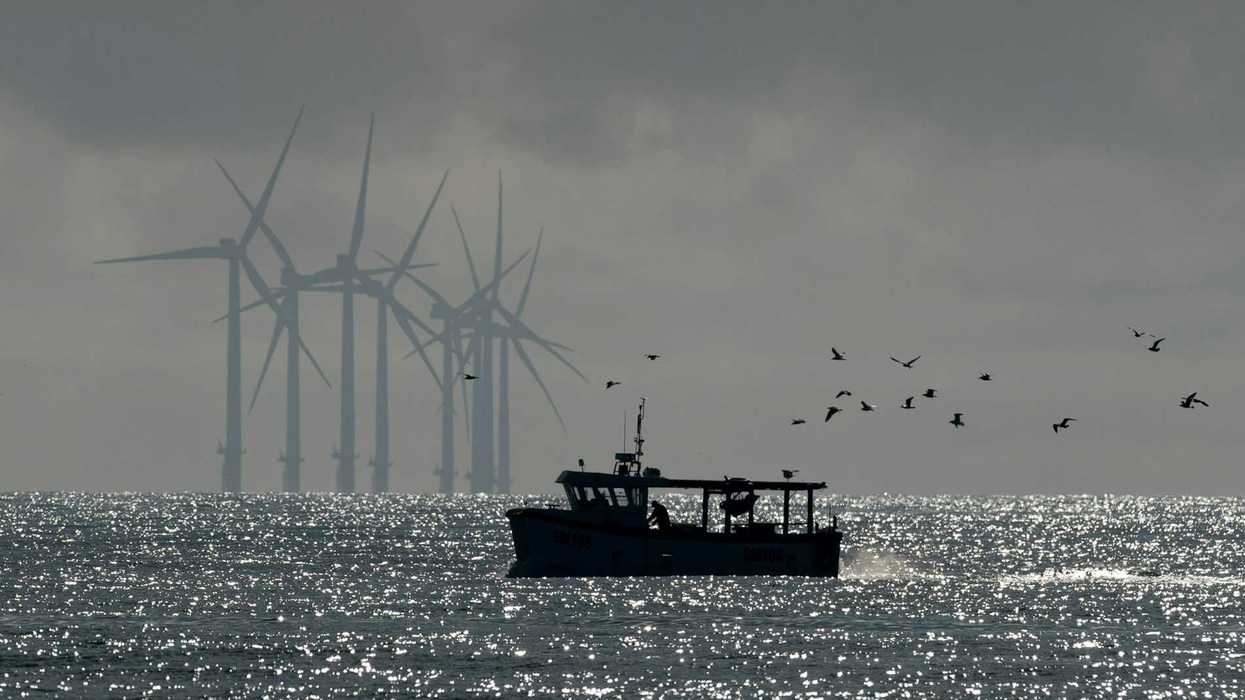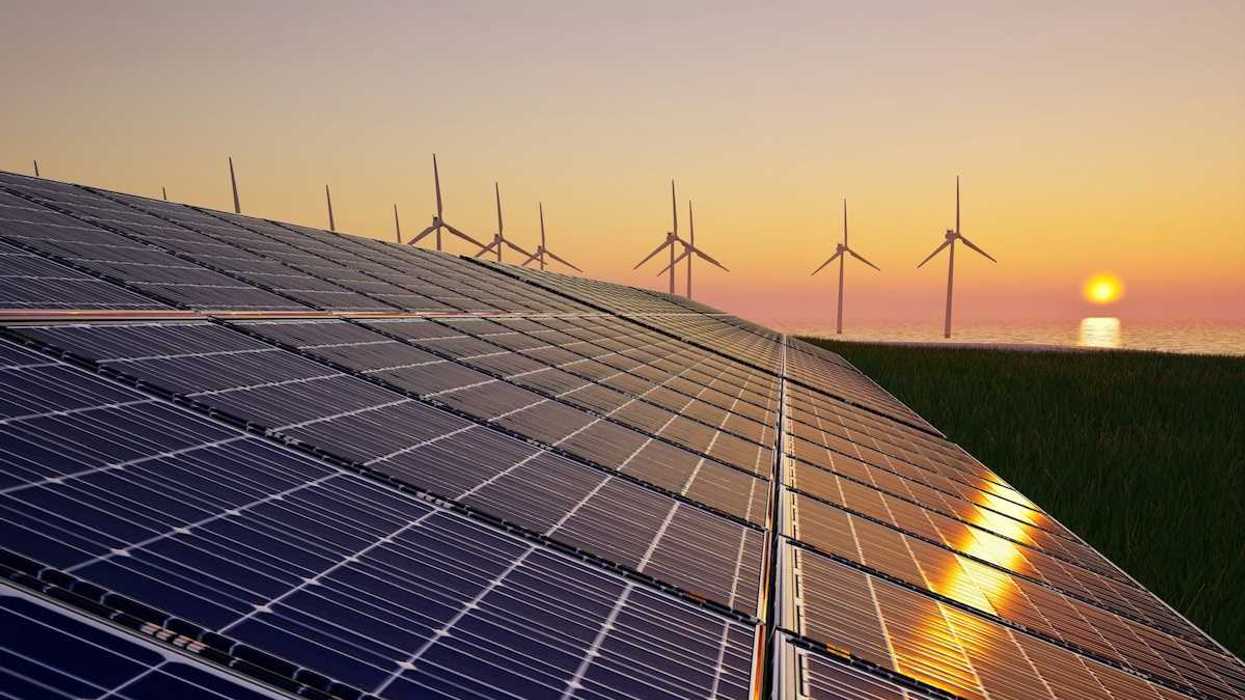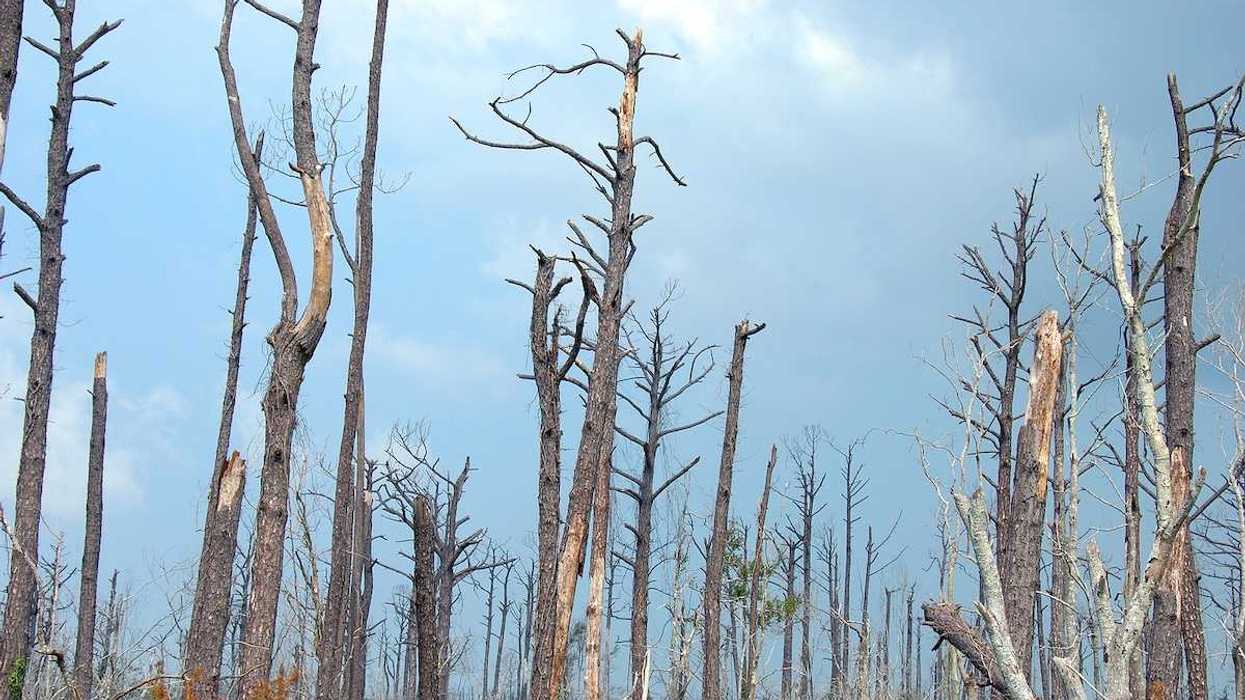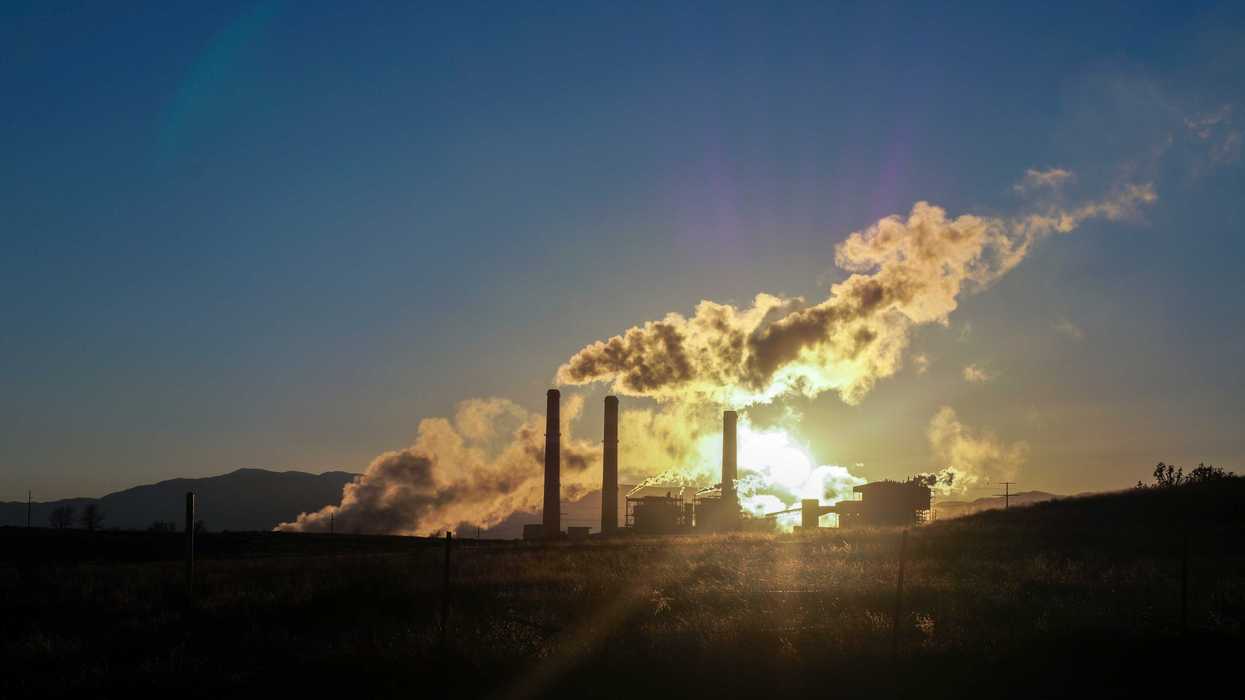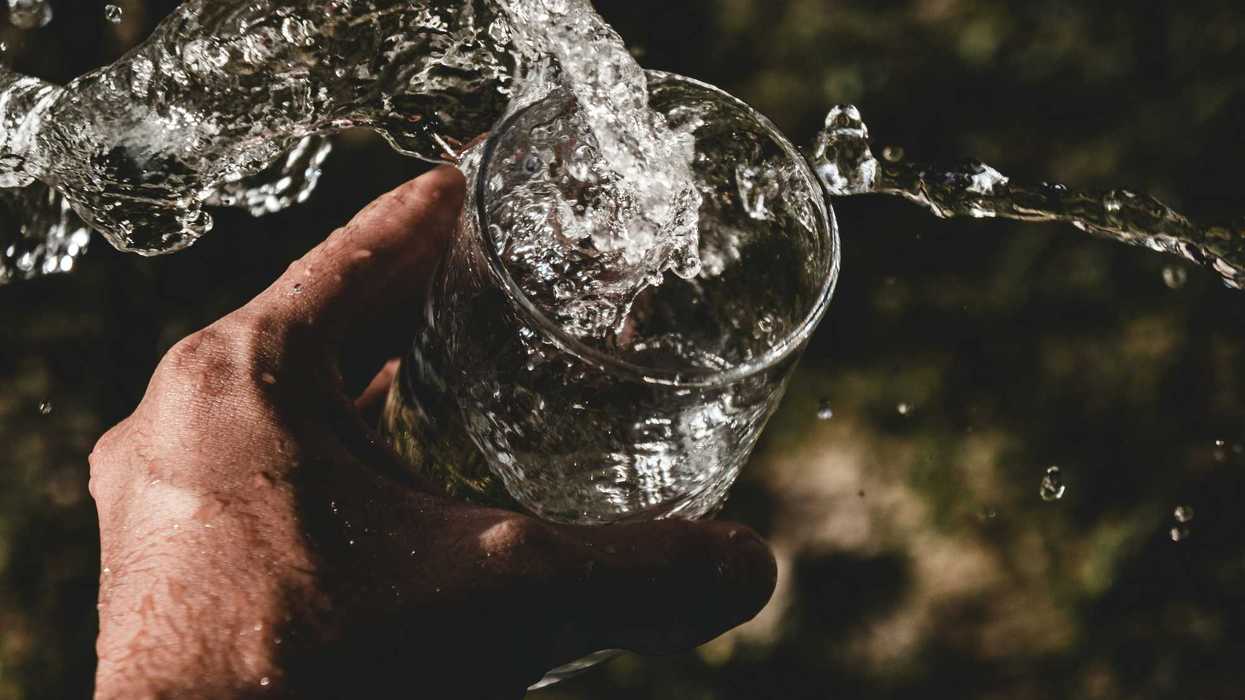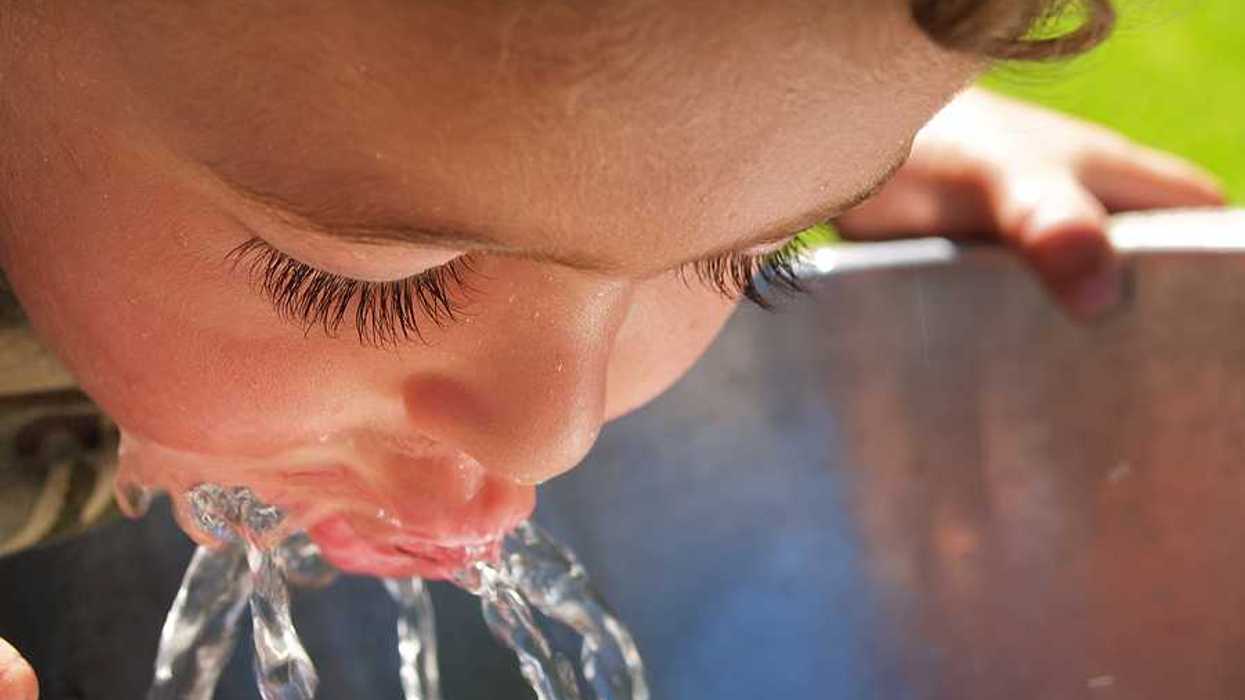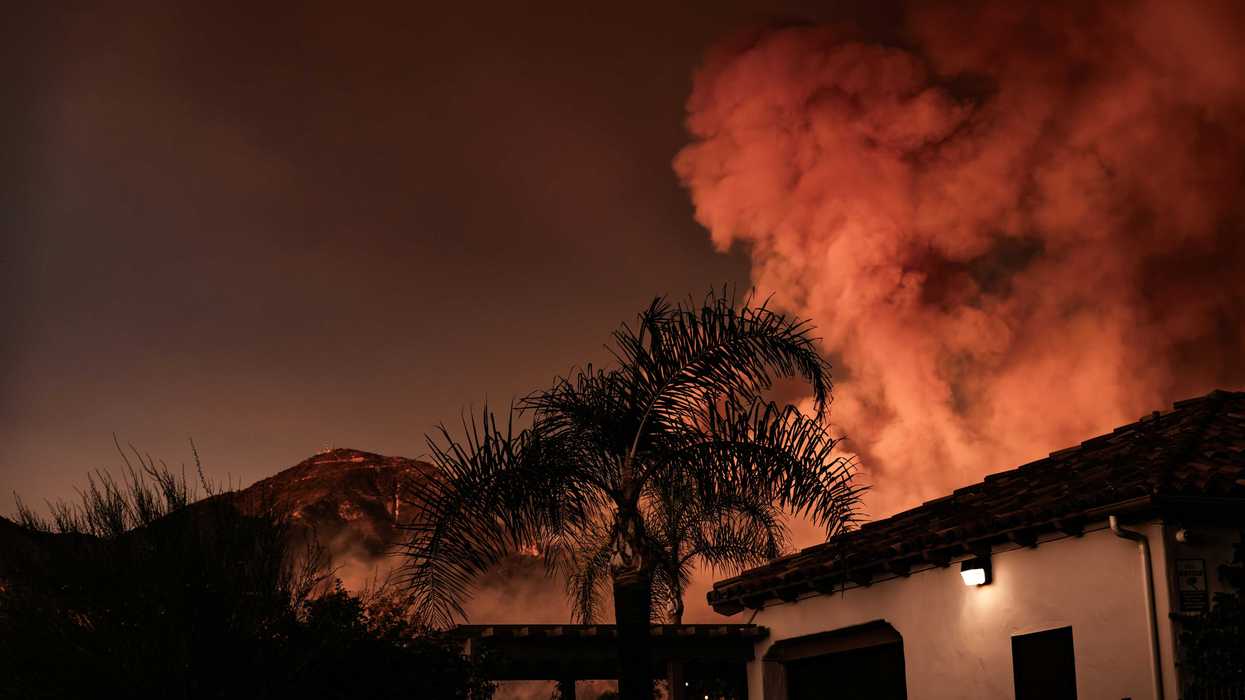On March 1, EHN published Fractured, a 4-part series documenting the results of a two-year study on fracking and health, which found high levels of toxic chemicals in the bodies of Pennsylvania families in fracking communities.
In response to the reporting, 35 lawmakers representing both the state House and Senate issued a public letter calling on Pennsylvania Governor Tom Wolf to take "immediate action in response to the ongoing harm" from fracking.
EHN reached out to 37 other local and state lawmakers who didn't sign the letter to share our findings and request a response. Sen. Camera Bartolotta was among them.
Camera Bartolotta has served as a Republican Pennsylvania State Senator since 2014. She represents the state's 46th district, which includes Greene County and parts of Beaver and Washington Counties.
In November, Bartolotta was among the group of 12 Pennsylvania Senate Republicans who met with Rudy Giuliani and Donald Trump to brainstorm ways of overturning the results of the state's presidential election. She has also accepted campaign funds from numerous fracking companies and profited personally by leasing her own mineral rights.
EHN sent a brief summary of what our investigation found along with a short list of questions to Sen. Barlota and requested an interview.
Instead of agreeing to an interview or responding to our specific questions, Barlotta's chief of staff sent the following statement on her behalf:
Having lost her late husband to Lymphoma, Senator Bartolotta understands better than anyone how truly heart-wrenching it can be to watch such a terrible disease take the life of someone you love. For that reason, she has played an extremely active role in protecting the health and safety of local communities.
She has personally met with many family members impacted by cancer who reside in the 46th Senatorial District and has heard firsthand from those who have lost loved ones to this awful disease. She also arranged meetings between local families and real experts who have dedicated their lives to researching and treating cancers—while ignoring the charlatans paid to reach preconceived conclusions based on the beliefs of the organizations funding their studies.
Peer-reviewed research published by well-respected scientific journals for decades paint a much different picture than EHN's two-year report. As she has done for her entire career, Senator Bartolotta will continue to weigh the evidence and make the best decisions possible for her constituents.
Senator Bartolotta also welcomes your invitation to share her public contact information with your readers. She always encourages constituents to reach out to the office to have a meaningful conversation on topics like this because she understands the importance of gathering information from an unbiased, thorough and transparent source.
Related: After a decade of research, here's what scientists know about the health impacts of fracking
Editor's note: EHN used funding from readers and from various grants to conduct the health study that forms the basis of Fractured. EHN is a nonprofit newsroom and is editorially independent from its funders.


